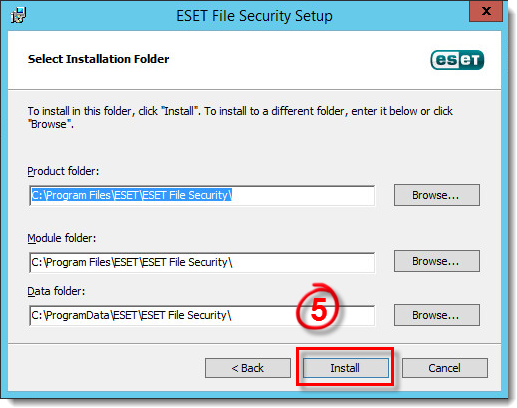- My Eset Com Convert Culture En Us Language
- Https://my.eset.com/convert?culture=en-us
- My Eset Com Convert Culture En Us Dollar

My Eset Com Convert Culture En Us Language
- This topic has 5 replies, 4 voices, and was last updated 5 years, 11 months ago byWill Anderson.

Hi,
I have a CSV file with 10 columns (the last column is the date)
Currently the date is DD/MM/YYYY and I need to change this to the US format which is MM/DD/YYYY]What’s the best way to do this? Should I slice the day month and year into a variable and then reorder it or is there an easier way?
Thanks!
NickAnd just because that answer seems incredibly short – there’s actually an article linked from the Get-Date help on TechNet that gives you a full list of format types you can use. Enjoy!
http://msdn.microsoft.com/en-us/library/system.globalization.datetimeformatinfo(VS.85).aspx
Unfortunately there isn’t an easy way to do this. Your CSV file holds the date as a string. You need to convert that to a date. If you try this
£> $sduk = ’25/12/2014′
£> $d = [datetime]$sduk
Cannot convert value “25/12/2014” to type “System.DateTime”. Error: “String was not recognized as a valid DateTime.”
At line:1 char:1
+ $d = [datetime]$sduk
+ ~~~~~~~~~~~~~~~~~~~~
+ CategoryInfo : InvalidArgument: (:) [], RuntimeException
+ FullyQualifiedErrorId : InvalidCastParseTargetInvocationWithFormatProviderwhere the date is 25 December 2014 in UK format it will fail.
.NET expects the string in US format
£> $sdus = ’12/25/2014′
£> $d = [datetime]$sdus
£> $d25 December 2014 00:00:00
You could do something like this
£> $sd = ’25/12/2014′ -split ‘/’
£> $sd
12
25
2014
£> $d = Get-Date -Day $sd[0] -Month $sd[0] -Year $sd[2]
£> $d25 December 2014 18:25:56
Casting a string to a datetime assumes invariant (basically US) format, but calling [datetime]::Parse() allows you to specify a culture (as does the ToString() method on datetime objects). For example:
